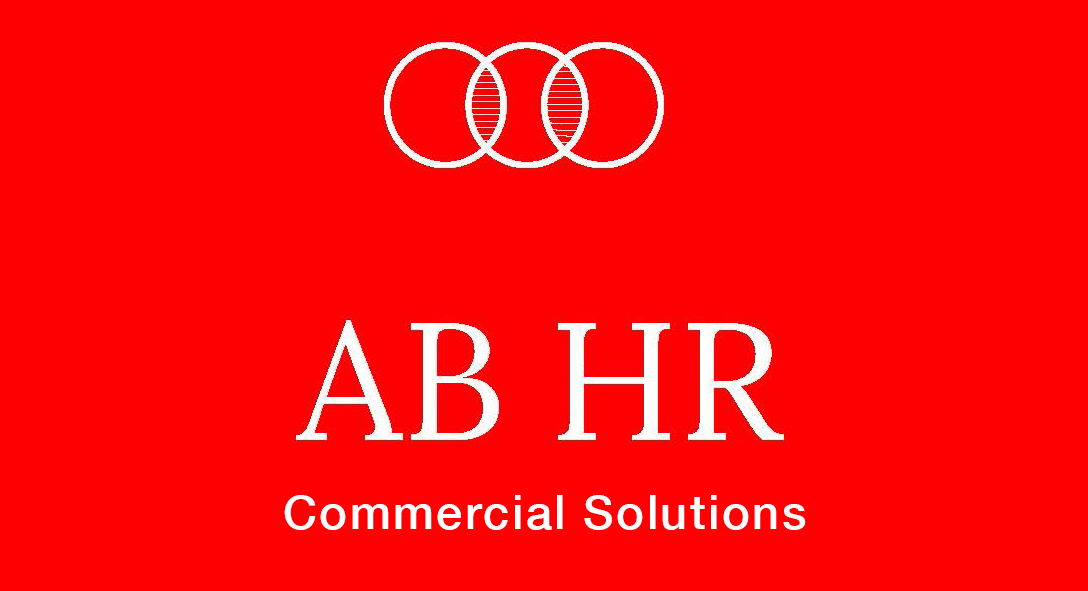
Compelling reasons why a business needs HR Support
1. “We’ve never had an issue – we all get on” – a typical scenario represented by businesses with up to 30 – 40 employees, been trading for quite a while and the argument is that they’ve always been lucky, all the employees get on with each other and never had an issue. The counter argument is that under the balance of probability, an issue is going to arise and it is important to have the processes, procedures and structure to manage it when it happens.
2. “You don’t know what you don’t know” – a wonderful expression because it applies to everything in life but in a nutshell, it says that we all think we are doing ok but we don’t really know because we don’t have enough expertise in the specific area.
3. Legal compliance – employment legislation is constantly changing and whilst it is easy to get details of new legislation on the website, the important issue is understanding how to interpret it practically and how it impacts on your business.
4. Powerful message to the business – employees in smaller businesses don’t expect an HR function but having visible access to HR support sends out a message to employees that the business is professional, manages risk responsibly and has a mechanism in place for dealing with issues such as grievances, unfair treatment, bullying. It also fosters good relations within the business.
5. “Keep it in the family” – so many small businesses are family owned and parents have passed the management of the business to the next generation. In many cases, there has been no management training and they have inherited the family way of managing the business which may no longer be appropriate and the new generation might have more ambitious plans for growth which requires a different approach and set of skills.
6. Equality and equity – every business needs a process for dealing with inequality or specifically, they need to be able to show that there is equality of opportunity in a business based on ability and regardless of colour, gender, disability, sexual orientation etc. Smaller businesses tend to have more traditional views, arguably less enlightened and the existence of HR support can influence how these issues are debated at senior level.
7. Cost v added value – HR is a business support function and has to demonstrate value for money and show that it is self-funding and in many smaller businesses, the perception is that HR is an overhead. Commercially focused HR support – based on business partnership – should be considered as adding value.
8. “Sounding board” – we all need someone to talk to. In smaller businesses, this can be difficult for a business owner adopting the CEO or MD role – they may have a difficult or sensitive situation in the workplace or conflict amongst the senior team and they need to be able to talk to someone who is confidential and independent. An HR professional can invariably fulfil this trusted mentor role and give a different perspective.
In many SMEs, HR sits with an Office Manager, a Finance person or often the PA to the CEO or MD and these people do excellent work but HR is not their core role and they will often need additional support on complex issues or can benefit from coaching and mentoring on HR matters.
HR support should not be seen as a cost to the business – over time and with a strong commercial focus, it will more than cover its cost and positively impact the bottom line through effective
– performance management
– talent management and succession planning
– recruitment and selection
– organisation structure and development
– rewards and benefit management
– learning and development
AB Commercial HR Solutions provide support to SMEs and for further information contact info@abcommercialhrsolutions.com or call 07885 714771.



